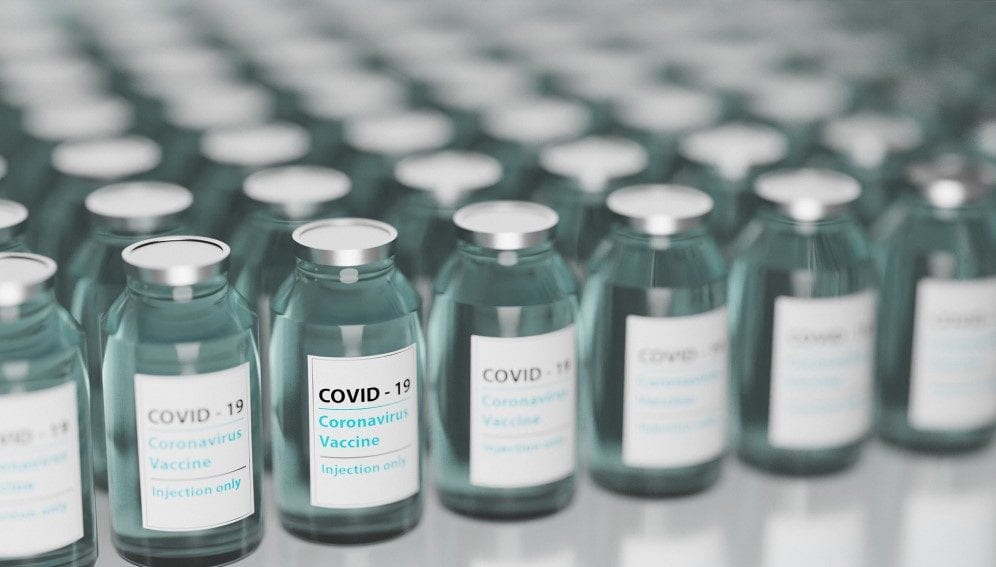05/02/21
‘Vaccine hoarding’ to delay Africa’s COVID-19 recovery

By: Gilbert Nakweya
Send to a friend
The details you provide on this page will not be used to send unsolicited email, and will not be sold to a 3rd party. See privacy policy.
[NAIROBI] Controlling the spread of COVID-19 is perhaps the most critical public health concern globally today but the rush for its vaccine doses in bilateral deals by the developed world could delay Africa’s recovery from the disease.
Even as countries continue promoting non-pharmaceutical interventions such as social distancing, hand washing and use of face masks to control the spread of the virus, acquisition of the vaccine is now a top priority.
Matshidiso Moeti, World Health Organization (WHO) regional director for Africa, warned during a virtual press briefing late last month that “vaccine hoarding will only prolong the ordeal and delay Africa’s recovery. It is deeply unjust that the most vulnerable Africans are forced to wait for vaccines while lower-risk groups in rich countries are made safe.”
“African governments need to coordinate public-private sector alliances for the preparation, acquisition and roll out of safe COVID-19 vaccines.”
Gilbert Nakweya, journalist
But as countries, especially developed ones such as the United States of America and the United Kingdom, scramble for doses and begin vaccinating high-risk segments of the population such as healthcare workers, I gathered from the virtual media briefing that African countries may take longer to introduce COVID-19 vaccines, particularly to vulnerable groups such as older people. That is really worrying for me.

The concern for African leaders at the virtual briefing that drew leaders from the WHO, UNICEF, and Gavi, the Vaccine Alliance was that developed nations were far ahead in the acquisition and rollout of vaccines, while little seems to be going on in Africa.
I agree with the experts who say Africa risks being left behind in this highly competitive race for COVID-19 vaccines as rich countries strike bilateral deals, driving up prices.
With many countries reopening schools, and following the Christmas period, experts warn that the number of infections in Africa is likely to spike by March because of increased travelling and gathering. As of 29 January, the African Centre for Disease Control recorded that over three million people had tested positive for COVID-19 in Africa while more than 88,000 had died from the disease since the first case was reported on the continent early last year.



However, a glimmer of hope from the briefing is that through the COVAX facility, a global effort for equitable access to vaccines, led by the WHO, Gavi, and the Coalition for Epidemic Preparedness Innovations, Africa is targeting 600 million doses of vaccines by 2021. The allocation is expected to cover an initial 20 per cent of the African population, with the first 30 million doses to arrive in countries by March this year.
Thabani Maphosa, managing director of country programmes for Gavi, confirmed that COVAX is on track to deliver 1.2 billion doses of vaccines to 92 low- and middle-income countries, with priority given to healthcare workers and other vulnerable groups.
Although Africa is not on a par with developed nations in terms of preparation for vaccines, Maphosa believes that the continent is ready to vaccinate many people, though it will take time.
I agree with the experts that say effective control of COVID-19 in the world will only be realised if no one is left behind, as called for by the UN’s Agenda 2030 on Sustainable Development.
In the highly connected world that we live in today, no one can ever be safe until we are all safe. It is my position that African governments need to coordinate public-private sector alliances for the preparation, acquisition and rollout of safe COVID-19 vaccines.
This piece was produced by SciDev.Net’s Sub-Saharan Africa English desk.













